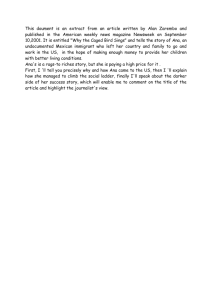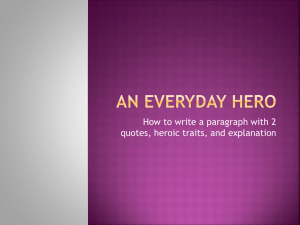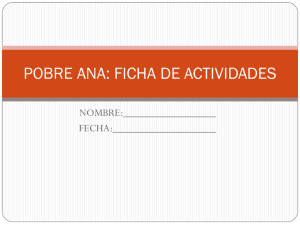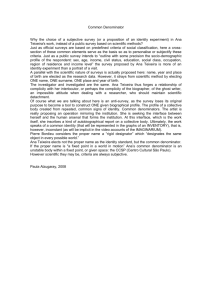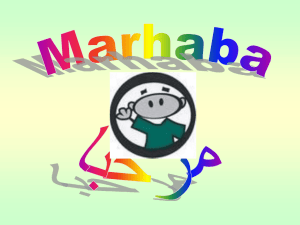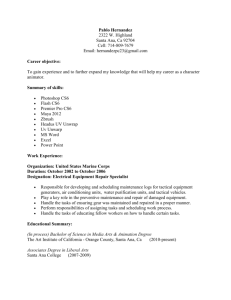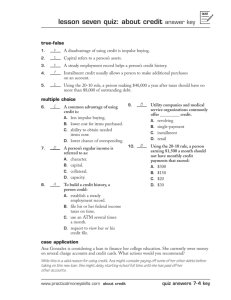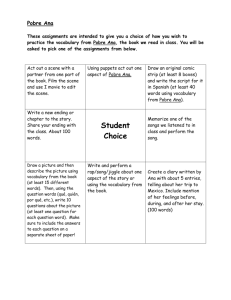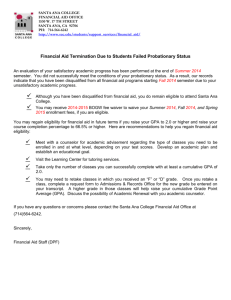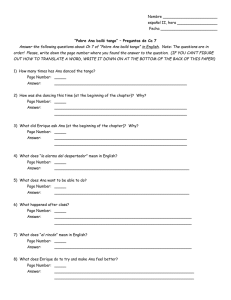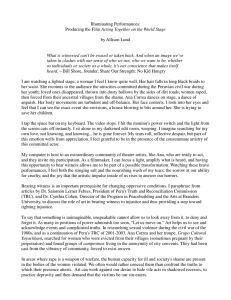Na u rrit Emi, qimet i rruan.
advertisement
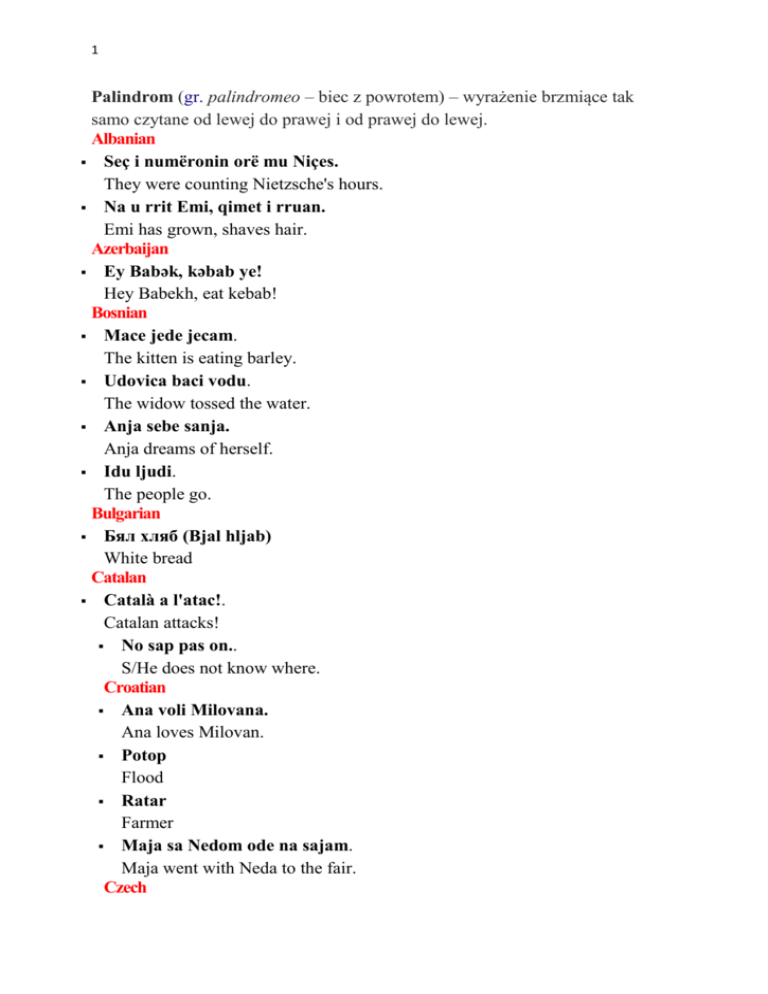
1 Palindrom (gr. palindromeo – biec z powrotem) – wyrażenie brzmiące tak samo czytane od lewej do prawej i od prawej do lewej. Albanian Seç i numëronin orë mu Niçes. They were counting Nietzsche's hours. Na u rrit Emi, qimet i rruan. Emi has grown, shaves hair. Azerbaijan Ey Babək, kəbab ye! Hey Babekh, eat kebab! Bosnian Mace jede jecam. The kitten is eating barley. Udovica baci vodu. The widow tossed the water. Anja sebe sanja. Anja dreams of herself. Idu ljudi. The people go. Bulgarian Бял хляб (Bjal hljab) White bread Catalan Català a l'atac!. Catalan attacks! No sap pas on.. S/He does not know where. Croatian Ana voli Milovana. Ana loves Milovan. Potop Flood Ratar Farmer Maja sa Nedom ode na sajam. Maja went with Neda to the fair. Czech 2 Jelenovi pivo nelej. Do not pour beer to a deer. Kuna nese nanuk. A marten is carrying ice cream. Danish Selmas lakserøde garagedøre skal samles. Selma’s salmon red garage doors must be assembled. lepel spoon Grav ned den varg. Dig down that wolf. Dutch Koortsmeetsysteemstrook Thermometer (for measuring fevers) English Was it Eliot's toilet I saw? Able was I ere I saw Elba. Never odd or even Was it a cat I saw? Do geese see God? A man, a plan, a canal, Panama Go hang a salami, I’m a lasagna hog. Murder for a jar of red rum Rats live on no evil star. Rise to vote, sir. Madam, I'm Adam. Neil, an alien? Dennis sinned. Estonian Kuulilennuteetunneliluuk The hatch of the tunnel of the bullet's flight path (trajectory) Aias sadas saia. It was raining bread in the garden. Finnish Neulo taas niin saat oluen. Knit again, so that you will get a beer. 3 Saippuakivikauppias A soapstone seller Saippuakuppinippukauppias A soap cup trader Solutomaattimittaamotulos The result from a measurement laboratory for tomatoes Innostunut sonni Enthusiastic bull French Et la marine va, papa, venir à Malte. And the Navy, Dad, will come to Malta. Esope reste ici et se repose. Aesop remains here and rests. Tu l'as trop écrasé, César, ce Port Salut! You mashed it too much, Cesar, this Port Salut (a kind of french cheese)! Eh ca va la vache! Eh, how are you, the cow! Elu par cette crapule Elected by this villain German Eibohphobie fear of palindromes Trug Tim eine so helle Hose nie mit Gurt? Has Tim never worn such light-coloured pants with a belt? Sei fein, nie fies. Be fine/nice, never be nasty. Erika feuert nur untreue Fakire. Erika only fires unfaithful fakirs. O Genie, der Herr ehre dein Ego! O genius, the Lord shall honour your ego! Greek Nipson anomemata me monan opsin. Wash off my sins, not only my face (written on the edge of a well or a font in Constantinople, where ps is ψ). Hungarian Géza, kék az ég. Géza, the sky is blue. 4 Indul a görög aludni. The Greek goes to sleep. Italian O mordo tua nuora o aro un autodromo. Either I bite your daughter-in-law or I plough a racetrack. I topi non avevano nipoti. The mice had no grandchildren. Irish A Nóinín, níl an rí anocht ar Ráth Conair, ná linn in Iona. Daisy, the king is neither on Conair's fort tonight, nor with us in Iona. Latin In girum imus nocte et consumimur igni. We enter the circle after dark and are consumed by fire. Roma tibi subito motibus ibit amor. In Rome love will come to you suddenly. Lithuanian Sedek užu kedes. Sit behind the chair. Norwegian Regninger Bills Polish Ada, panna pocałowana, woła: co pan napada? Ada, a kissed girl, exclaims: why are you attacking me, Sir? Może jutro ta dama da tortu jeżom. Maybe tomorrow that lady will give a cake to the hedgehogs. Kobyła ma mały bok. The mare has a small side. Elf układał kufle. An elf arranged mugs. Ikar łapał raki. Icarus caught crayfishes. Portuguese Socorram-me, subi no ônibus em Marrocos. Help me, I took a bus in Morocco. A base do teto desaba. The base of the ceiling collapses. 5 O lobo ama o bolo. The wolf loves the cake. Romanian Elevele The students (feminine) Atașata The attached (feminine) Ele fac cafele. They (feminine) make coffee. Ene purta patru pene. Ene was wearing four feathers. Ai rămas acasă, Maria? Did you stay at home, Maria? O ramă maro. A brown frame. Russian А роза упала на лапу Азора. (A roza upala na lapu Azora.) A rose fell on Azor's paw. Serbian Ana voli Milovana. Ana is in love with Milovan. Sir ima miris. Cheese has a smell. Slovak Matej je tam. Matej is there. Na rabína gáni baran. A mutton gazes on a rabbi. V elipse spí lev. A lyon sleeps in an ellipse. Slovene V elipsi spi lev. In an ellipse there sleeps a lion. Perica reže raci rep. A washerwoman is cutting a duck's tail. Spanish 6 Dábale arroz a la zorra el abad. The abbot gave rice to the vixen. Ligar es ser ágil. Flirting is agile. Ana lleva avellana. Ana takes a nut. Reconocer Recognise Luz azul Blue light Sobornos son robos. Bribes are robberies. Amor a Roma. Love to Rome. Somos o no somos. Either we are, or we are not. Swedish Ni talar bra latin. You speak good latin. Agnes i senga Agnes in bed Naturrutan Nature box Turkish Ilaç iç, Ali. Drink the medicine, Ali. Anastas, mum satsana? Anastas, why don't you sell candles? Ewa Nowak- doradca metodyczny, germanistka
